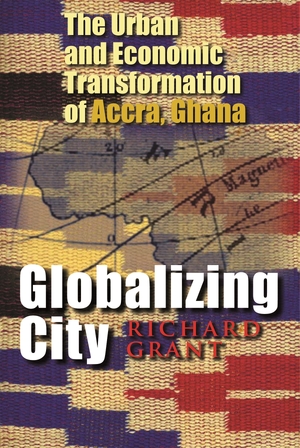Description
The essays in this collection address the current crisis in area studies, a crisis that differs from its perennial struggle with the established academic disciplines. This crisis stems from the confluence of three related circumstances: the end of the Cold War; greater economic and cultural fluidity across political borders; and contradictory intellectual trends in the academy, which include on the one hand a renaissance of universalizing thinking in the social sciences and on the other .hand, the rise of post-colonial studies and debates about modernity, postmodernity, and cultural hybridization.
Although the essays differ markedly in their focus and strategies, the authors all demonstrate that local knowledge, including serious study of individual cultures and proficiency in foreign languages, which are vital to understanding rapidly changing global patterns and to countering universal claims by the social sciences. While the authors also agree that area studies must reject their enthnocentric heritages and adopt inventive new contours, they present a diversity
Table of Contents
1. Introduction: Knowledge, Power, And Culture, Ali Mirsepassi, Amrita Basu, and Frederick Weaver
PART ONE: Rethinking Local-Global Connections
2. American Baroque, Doris Sommer
3. Place, Nature, and Culture in Discourses of Globalization, Arturo Escobar
4. The Disappearing Local: Rethinking Global-Local Connections, Angelique Haugerud
5. Globalizing Local Women's Movements, Amrita Basu
6. Asserting the Local as National in the Face of the Global: The Ambi1alence of Authenticity in Egyptian Soap Opera, Lila Abu-Lughod
PART TWO: In a World of Uncertain Places, Where Are Area Studies?
7. Why Area Studies? David Ludden
8. The Multiple Worlds of African Studies, Sandra E. Greene
9. Deterritorialization and the Crisis of Social Science, Timothy Mitchell
10. The Middle East as an Area in an Era of Globalization, Rashid I. Khalidi
PART THREE: Globalization and the Area Studies Debate
I I . Culture Against History? The Politics of East Asian Identity, Arif Dirlik
12. Knowledge, Place, and Power: A Critique of Globalization, Eqbal Ahmad
About the Author
Ali Mirsepassi is associate professor of sociology and Middle East studies at Hampshire College in Amherst, Massachusetts.
Amrita Basu is professor of political science and women's and gender studies, Amherst College.
Frederick Weaver is professor of economics and history at Hampshire College.
Related Interest
6 x 9, 240 pages
January 2003




